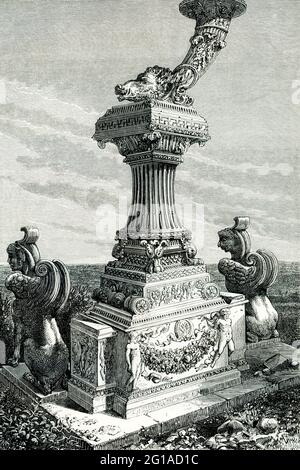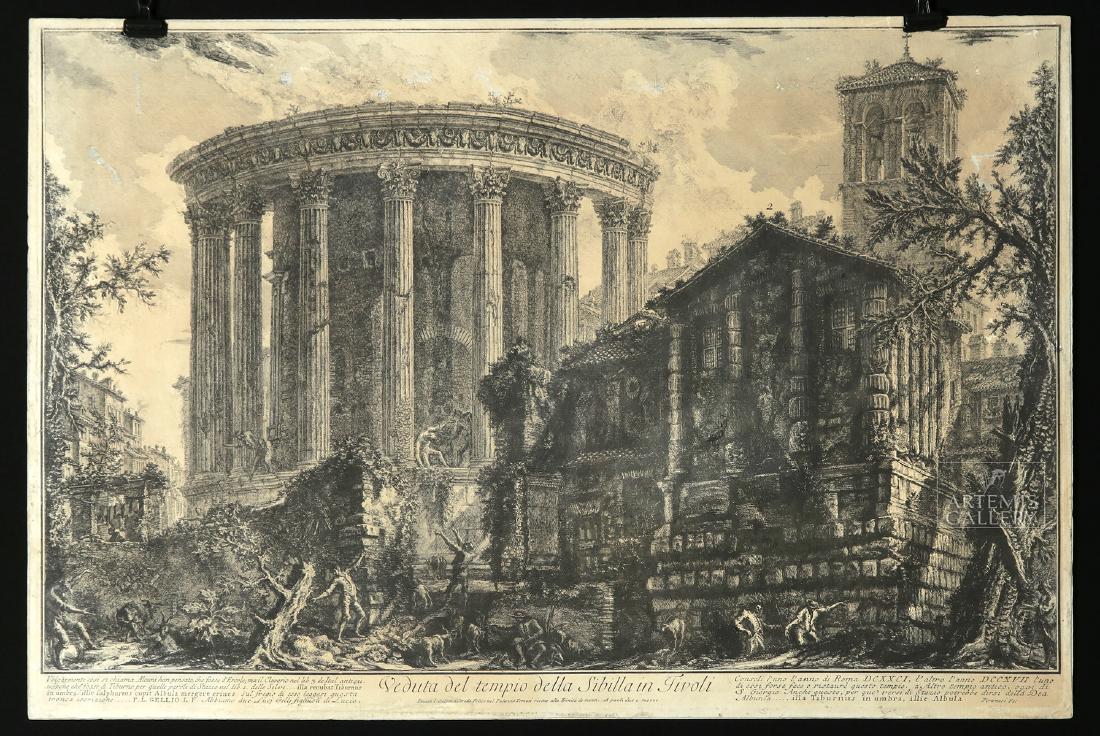

They appear to involve the heart-which is why the speaker laments that “we have given away” in the lines that follow-but if so, they do not only involve the heart.

The lost individual “powers” Wordsworth is describing are not intellectual or even physical. What is lost in this trafficking of time is two-fold, both affective and perceptive (for the world, too, as much as we are capable of knowing it, seems to be diminished in this “getting and spending”).

The opening line of the poem seems to suggest that being in and of the world, being with it, might be a result of “the world too much with us,” or for us, aiding us in the squandering of our capacities, in our valuing it “too much,” a process against which we now might be powerless. Around 1802, as a young man of thirty-two, William Wordsworth penned one of the best-known sonnets in the English language: “The World is Too Much With Us.” The poem, which appeared in the 1807 Poems, in Two Volumes, decries the collective state of modern society, an “us” that both draws in his readers and condemns them (along with himself, if the speaker is, indeed, Wordsworth the poet) for being “too much” with “the world,” “late and soon,” so much so that by “getting and spending we lay waste our powers.” It is unclear if Wordsworth thinks this situation can be avoided, or whether modern individuals can still “render unto Caesar what is Caesar’s” and hold themselves at arm’s length from the world.


 0 kommentar(er)
0 kommentar(er)
